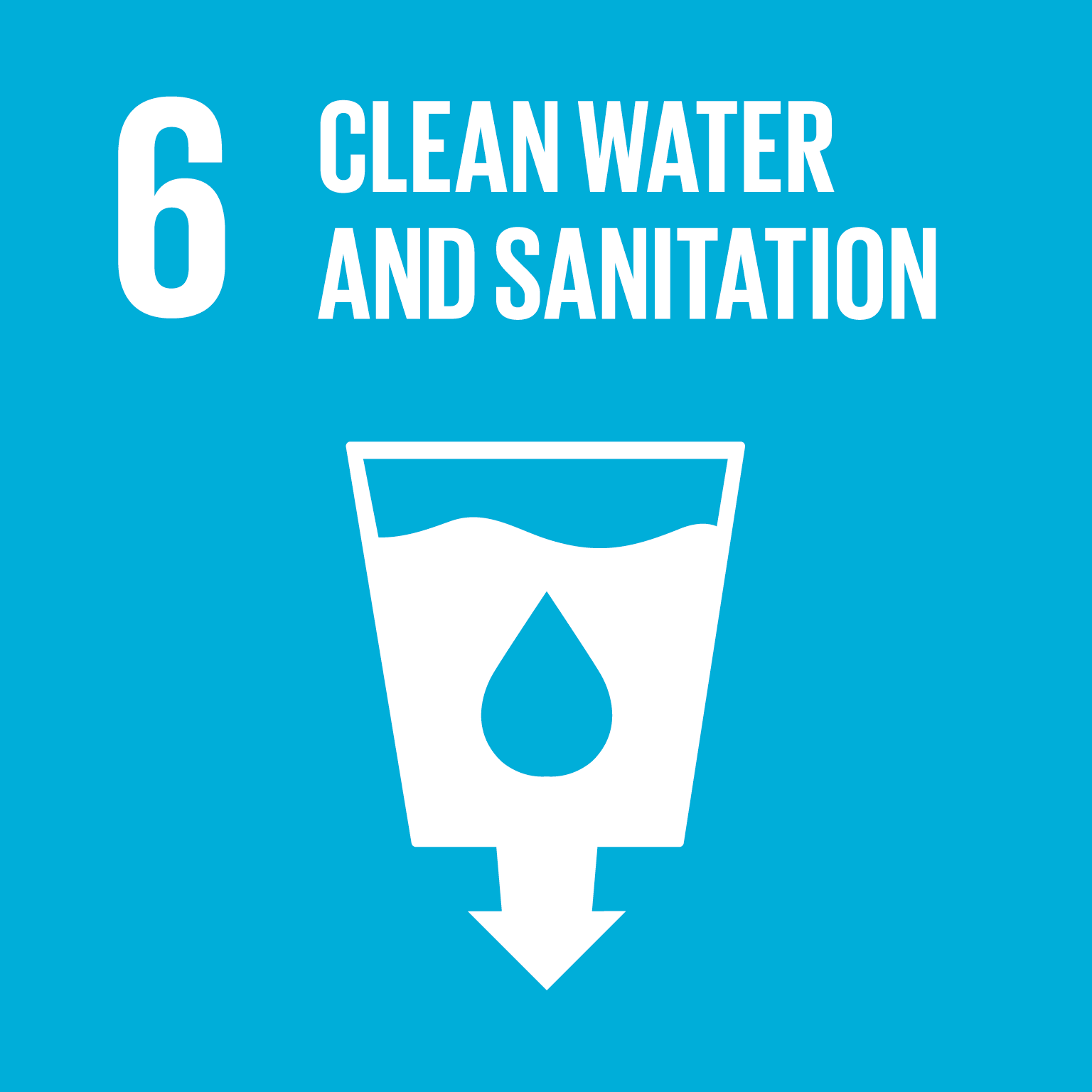 KHULNA UNIVERSITY OF ENGINEERING & TECHNOLOGY
KHULNA UNIVERSITY OF ENGINEERING & TECHNOLOGY
 KHULNA UNIVERSITY OF ENGINEERING & TECHNOLOGY
KHULNA UNIVERSITY OF ENGINEERING & TECHNOLOGY

Md Shofiqul Islam is a faculty member specializing in coastal engineering, with a primary research focus on sediment transport within and beyond the surf zone. His work aims to better understand the complex dynamics of coastal sediment movement, which is essential for managing beach nourishment, coastal erosion, and ecosystem preservation.
In addition to sediment transport, his research interests include disaster prevention, coastal environmental protection, and risk assessment. By combining field and laboratory experiments with advanced numerical simulations (by XBeach, Delft3D, CADMUS Surf 2D, etc.), his research seeks to elucidate key coastal phenomena and develop effective solutions to pressing environmental and engineering challenges.
With extensive experience working in the Coastal Engineering Lab at Yokohama National University, Japan, he is committed to fostering interdisciplinary collaborations with students, researchers, and industry professionals to solve complex coastal challenges.
![]()
![]()

Introduction to Research: Meaning, Importance, Scope and limitation of research; Classification of research; Fundamental vs. Applied, Exploratory and Explanatory, Longitudinal vs. Cross-section, Time Series vs. Panel Research, Characteristics of Scientific inquiry; Relevance of creativity, innovation, originality and advancement of knowledge in research; Conceptualization of research problems; epistemologies and the application of knowledge; choosing theories and methods; Identifying research questions; Research Design: Meaning, Importance, Types of Design, Method vs. Methodology.; Literature Review: Meaning, Importance, Methods and Techniques of literature Review; Sample and Research Protocols: Sample, Population, Sample Frame, Parametric and Non-parametric Sampling, Other Classification of Sampling, Questionnaire Types and Preparation of good Questionnaire; Other method of Data Collection: PRA, FGD, Case Study, Experimental Design; correction & regressions; Standard Deviation and error; Statistical Data analysis; Presenting research finding and writing scientific papers and reports; Research Proposal: Meaning, Purpose, Structure, Content, Steps in preparation; Referencing and Bibliography: Meaning, Importance, MLA, Harvard, Chicago University style of Referencing. Developing a research proposal. Ethics in research: research conduct, authorship and intellectual property, consent and confidentiality, animal research, commercializing research, copyright, research integrity, plagiarism.
San 6103: Analysis of sanitation flow
Classification of waste types; Sanitation streams and typical characteristics; Review of potential pollution and health issues associated with sanitation streams; Introduction to sanitation streams as a raw material; Laboratory induction; Analysis of sanitation streams-parameters including chemical, physical and biological parameters.San 6105: Sanitation technology
Urban drainage and sewerage; Carbon, nitrogen and phosphorus removal & recovery; sludge treatment; Onsite sanitation, collection and transport; Faecal sludge treatment technologies; Innovation processes; Technology integrating group work; Slum drainage; Relevant literature on ISO standards.
DM 105: Disaster Preparedness and Prevention
Basic principles of preparedness: emergency planning and checklists, disaster preparedness plans. Natural hazards-specific preparedness: floods, thunderstorm and lightning, earthquakes, tsunamis, fires, landslides. Preparedness and prevention strategies for technological emergencies: household, industrial and workplace hazards, hazardous material accidents. Preparedness and public awareness. Insurance and disaster preparedness. Challenges in disaster preparedness and prevention like Relief Distribution etc.Last Update: October 21, 2025 15:44